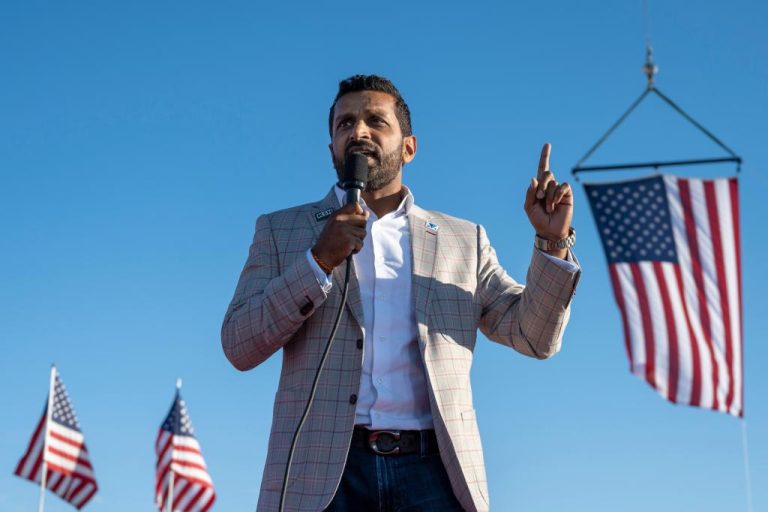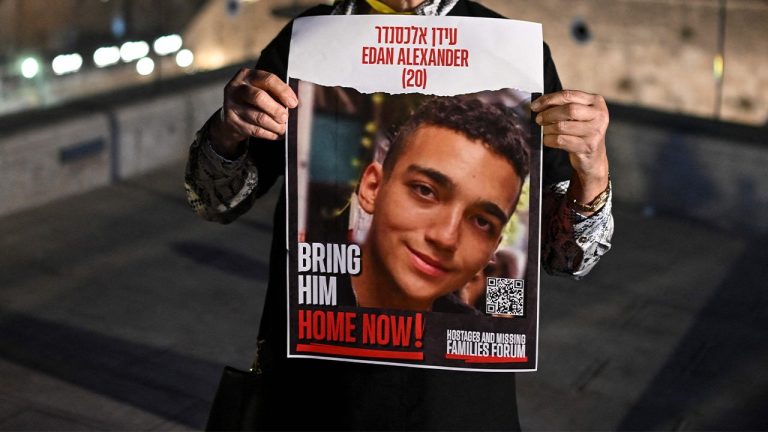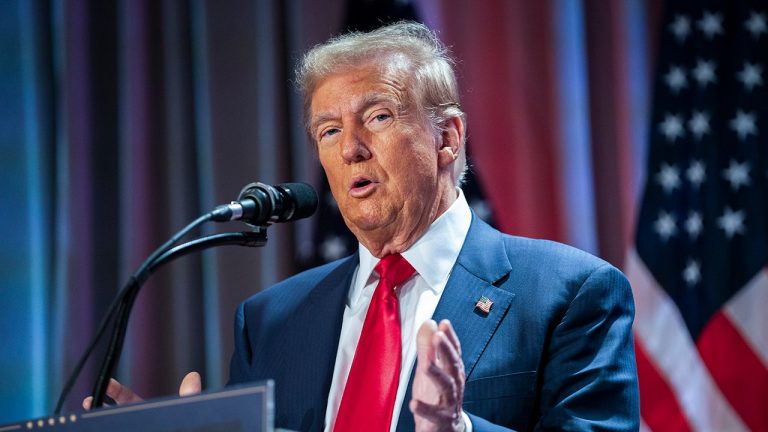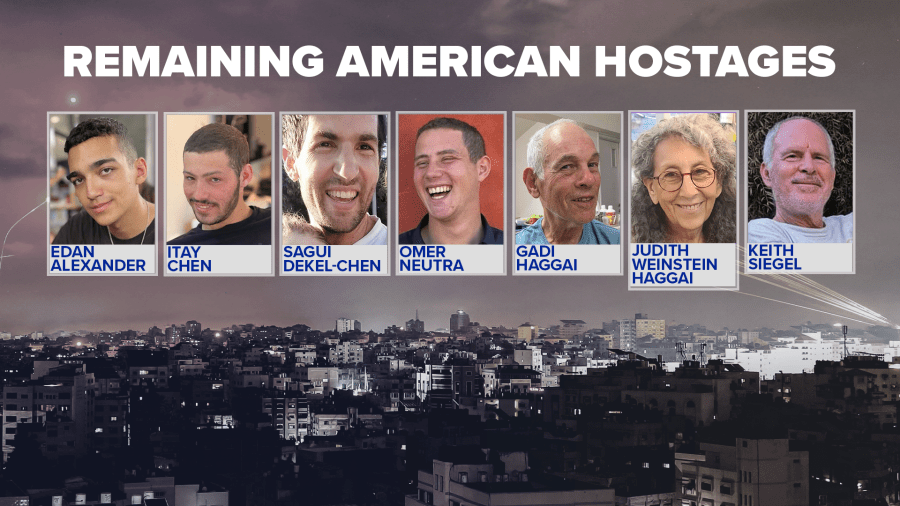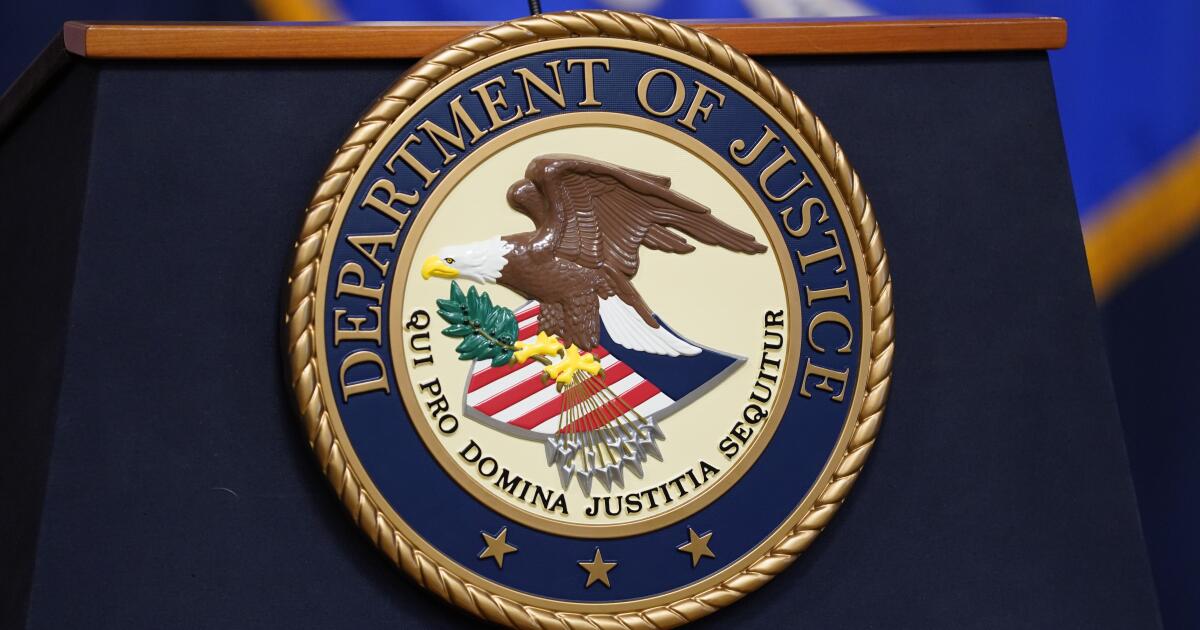
More than two years after a former San Diego County tribal police chief admitted to selling badges to wealthy buyers who were not cops, a pair of guilty pleas this week began to illuminate the breadth of the case and reveal more about those who paid for the badges’ gun-related privileges.
One of the plea agreements also revealed for the first time that a second police chief took part in the scheme, though that person was not identified.
The plea agreements, filed this week in federal court in Los Angeles, are related to a scheme that was first revealed publicly in October 2021 when Anthony Reyes Vasquez pleaded guilty in San Diego federal court to pocketing about $300,000 from non-officers seeking the privileges afforded by a police badge.
Vazquez, a Ventura County resident, admitted in his plea agreement that he gave only a small amount of the money he received to the Manzanita Band of the Kumeyaay Nation, whose reservation north of Boulevard in East County he was supposed to be policing. He also admitted in the plea agreement that he did not actually have recognized law enforcement powers, nor did the Manzanita Tribal Police Department that he oversaw from 2012 to 2018.
Akiva Grunewald, a 45-year-old West Los Angeles resident, admitted in a plea agreement this week that he paid Vazquez $20,000 in exchange for a badge. Grunewald admitted to being addicted to drugs and twice presenting the badge and identifying himself as a police officer while being arrested — including one time while he was nude and repeatedly hitting himself outside a Los Angeles gas station.
Colin Gilbert, an 80-year-old Marina Del Rey resident, admitted in his plea agreement that he recruited wealthy individuals on behalf of Vazquez and Vazquez’s successor, and then lied about it when confronted by FBI investigators.
Grunewald’s attorney did not respond Friday to a request for comment.
Gilbert’s attorney, Anthony Salerno, said his client has no prior criminal record and got caught up in the scheme.
“Colin … has been involved for most of his life in volunteer work and fundraising,” Salerno said. “He got involved with the Manzanita Tribal Police Department with the best of intentions but made the mistake of remaining involved despite a growing realization that another individual’s motives were not so good. He should have extricated himself sooner. At this point he is trying to do the right thing.”
According to prosecutors, Vazquez became the police chief in September 2012 after drafting a memorandum of understanding between the tribe and an unincorporated association known as the Manzanita Tribal Police Officer Association. The agreement was signed by Vazquez, the tribe’s chairman and a tribal councilmember, and stated the Manzanita Tribal Police Department would have responsibility for enforcing all federal, state and tribal laws on the reservation.
Vazquez, a Ventura County resident, began recruiting wealthy individuals as part of the badge-selling scheme in 2016, according to his plea agreement. Those individuals were known as the “VIP Group” and were not expected to perform law enforcement duties. Most never visited the reservation.
Grunewald learned about the scheme in 2018 and on the last day of July met Vazquez at a business in El Segundo, according to his plea agreement. Using a $20,000 check made out directly to Vazquez from a business with which he was affiliated, Grunewald paid for the badge and other credentials that falsely indicated he was a law enforcement officer.
Grunewald used the Manzanita badge to carry concealed firearms, acquire guns only available to cops and “apply for and receive confidential driver’s license status with the California Department of Motor Vehicles,” according to the plea agreement.
One month after paying for the badge, police officers in Culver City stopped Grunewald after seeing him run across a busy street and jump into a black Range Rover with tinted windows and a license plate belonging to a different car, according to the plea agreement. During the stop, Grunewald displayed his Manzanita badge, identified himself as a police officer and informed the Culver City officers that he was carrying a pistol on his hip.
Along with the SIG Sauer pistol Grunewald was carrying, officers found more than 40 oxycodone pills in Grunewald’s pocket, according to his plea. Officers searched the Range Rover and found a second SIG Sauer pistol loaded with 15 rounds, as well as “a police gun belt with handcuffs, a collapsible baton, pepper spray, two additional 15-round magazines loaded with 15 rounds of ammunition each, and a tactical vest adorned with Manzanita PD soft badges.”
In addition to those items, the officers found several other badges and identification cards associated with other law enforcement agencies in the SUV, and three additional firearms inside his home during a subsequent search, according to the plea agreement.
After his arrest that night, which resulted in the seizure of his Manzanita badge, Grunewald asked Vazquez for, and received, a new badge and identification credentials, according to his plea. He then purchased three new firearms from a business in Burbank and one new gun from a shop in Culver City, falsely claiming during each purchase that he was a law enforcement agent. One of the handguns he purchased was not on the state’s roster of publicly available guns and only available to him because of his purported employment as a cop.
A few months later, in May 2019, several people called 911 about a nude man hitting himself at a Los Angeles gas station. One of the callers told police the man appeared to be intoxicated and was sitting inside a black Range Rover with no license plates.
Officers arrived to find Grunewald seated by a gas pump shirtless with his pants and underwear around his ankles, according to the plea agreement. He was “sweating profusely and told the officers he had taken Percocet and Ambien,” and he again identified himself as a police officer.
The Los Angeles officers searched Grunewald’s clothes and found two Manzanita police badges with different numbers, two Manzanita identification cards and other identification cards from law enforcement organizations or associations, according to the plea agreement. In the back of the SUV, the officers found the four guns he’d purchased since his prior arrest and more than 200 rounds of ammunition.
Though it’s unclear exactly how or why the FBI began to investigate the Manzanita Tribal Police Department, Vazquez left as chief in October 2018, between Grunewald’s arrests.
Gilbert, the Marina Del Rey man who also pleaded guilty this week, admitted in his plea agreement that he and others began helping Vazquez recruit “VIP Group” members in 2016. By August of 2019, he was working with a new Manzanita chief on the same scheme, according to his plea.
That month, he introduced a recruit to the new chief as “one of our new onboards,” according to his plea agreement. During the meeting, the new recruit handed the chief a $5,000 check made out to the Manzanita Tribal Police Foundation, and the chief gave him a badge and other credentials.
A few months later, in November, FBI agents interviewed Gilbert at his home. According to his plea agreement, Gilbert “acknowledged the existence of ‘ghost riders’ in the Manzanita PD, which he blamed on (Vazquez) and other former members of the department.” But Gilbert insisted that everyone he had brought on board “had proper credentials, had the proper training, had everything done correctly.”
When the FBI agents left his home, Gilbert called the recruit who just months earlier paid $5,000 for a badge, according to his plea. Gilbert told the man to get rid of the badge — either by shipping it to him or hiding it — and to lie about the scheme if he were ever investigated.
Federal prosecutors in Los Angeles said both men are expected to formally plead guilty in the coming weeks — Grunewald to one count of bribery and Gilbert to one count of making false statements to the FBI.
Grunewald’s plea agreement stipulates that prosecutors will seek a probation sentence for Grunewald, and that he must pay a fine of at least $20,000 and forfeit 13 firearms. Gilbert also agreed to pay a fine of at least $20,000, though prosecutors did not say what sentence they’ll recommend for him.
Vazquez, charged in San Diego, has had his sentencing postponed multiple times. For the moment, he’s scheduled to be sentenced April 29. As part of his plea, he has agreed to pay restitution of at least $300,000 to the Manzanita Band of the Kumeyaay Nation.


